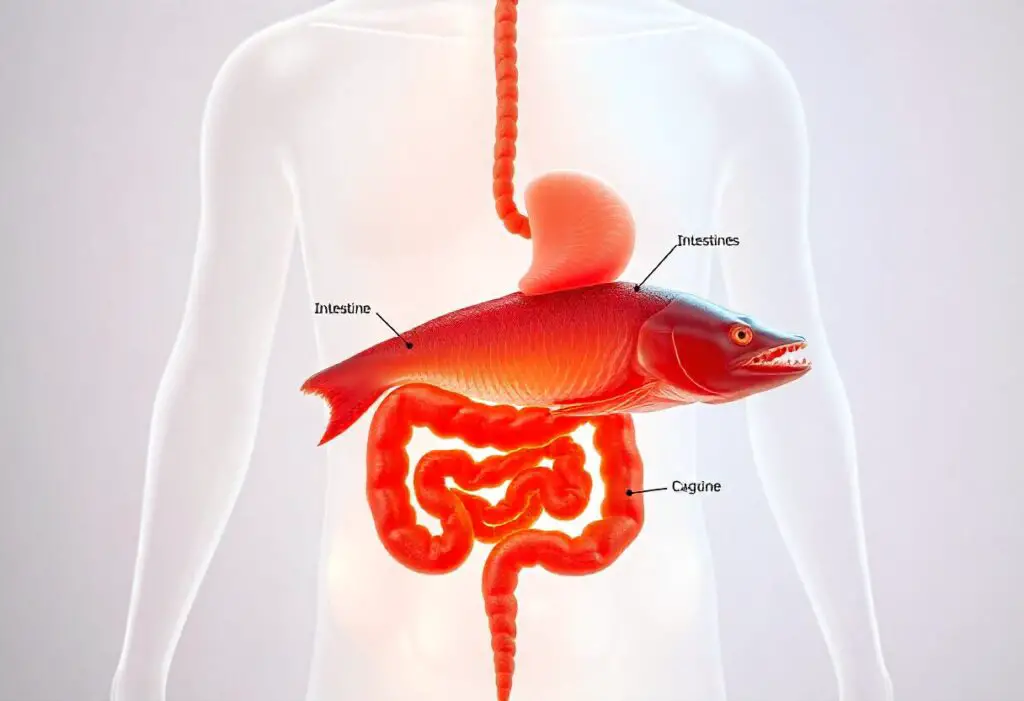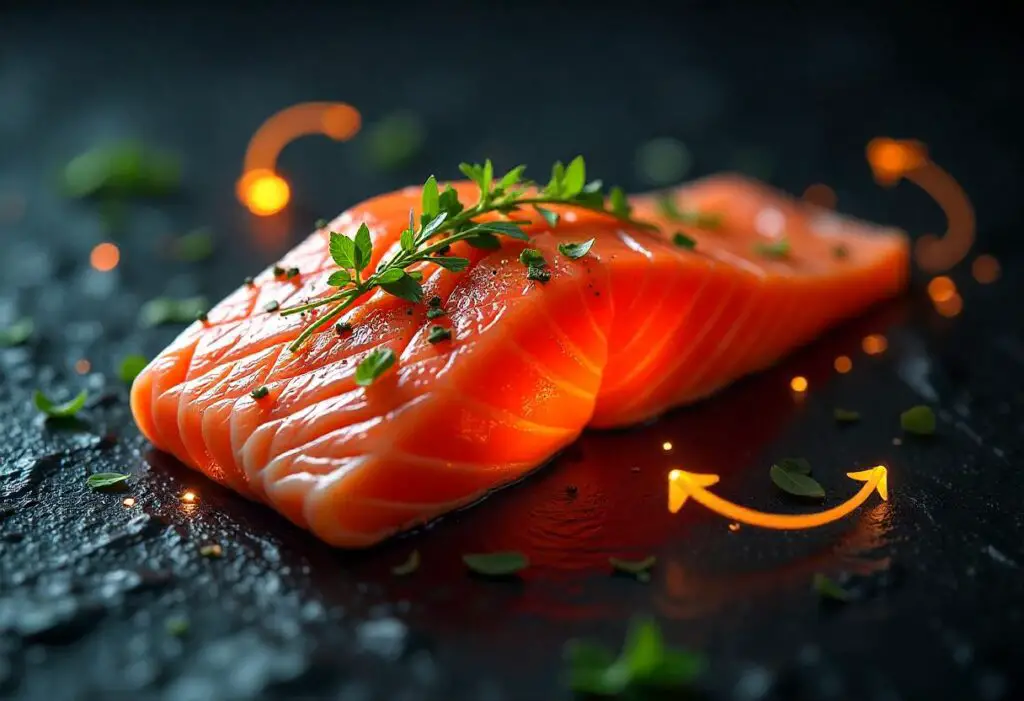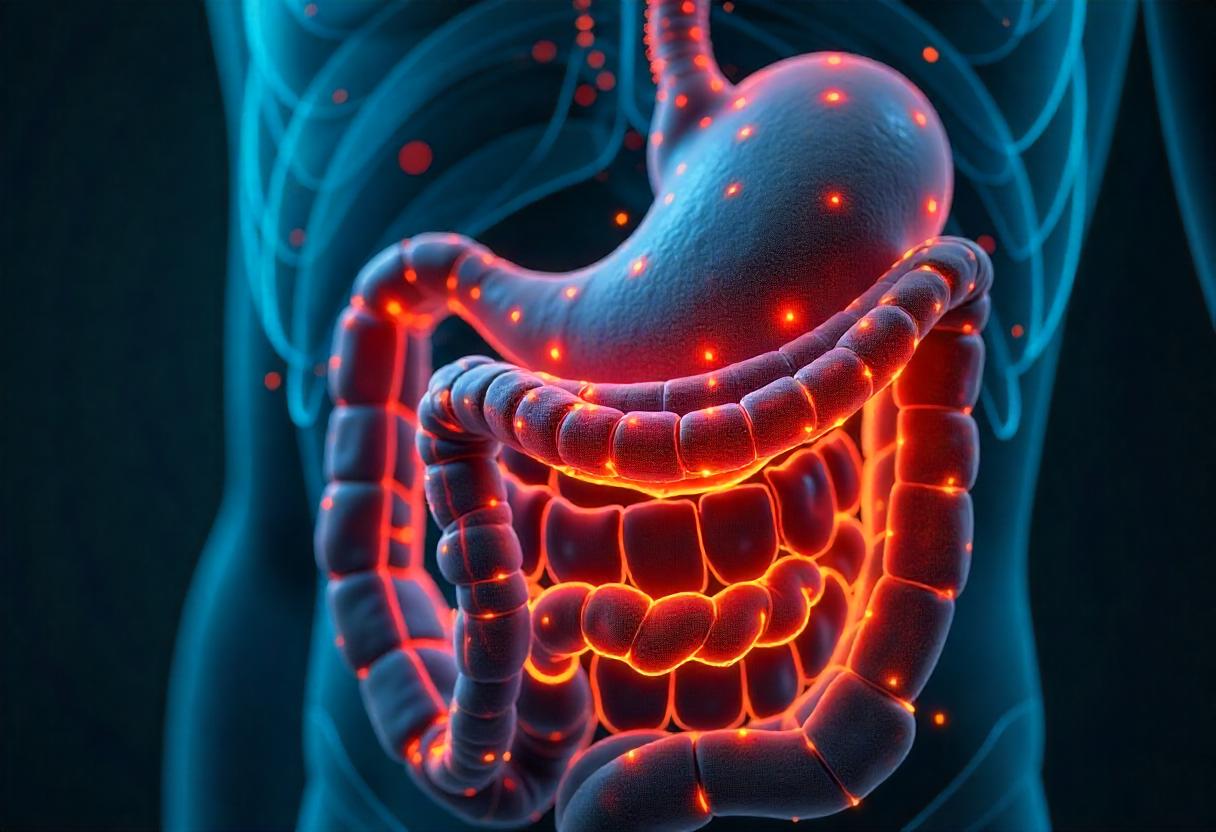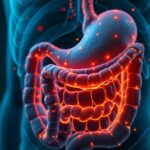How Long Does It Take to Digest Salmon? when considering nutritious and delicious meals that benefit overall health, salmon ranks as one of the top choices. Known for its high content of omega-3 fatty acids, protein, and a range of essential vitamins, this fish has become a go-to for those looking to boost heart health, brain function, and overall well-being. However, many people wonder: How long does it actually take to digest salmon? This article delves deep into the digestion process of salmon, breaking down each stage while examining various factors that influence the speed of digestion. By the end, you’ll have a detailed understanding of what happens from the moment salmon enters your mouth until the nutrients are absorbed into your system.
Understanding the Basics of Digestion and Its Importance
Before diving into how long it takes for salmon to be digested, it is essential to understand the digestion process as a whole. Digestion is a critical biological function that breaks down food into nutrients, which are then absorbed into the bloodstream and distributed throughout the body. The body uses these nutrients to support growth, repair, and energy production.
The journey of food from the moment it enters the mouth to when it leaves the body as waste is complex, involving several organs, enzymes, and hormones. It is important to note that the time it takes for digestion can vary from person to person. Factors such as metabolic rate, age, overall health, and the type of food consumed all play significant roles in determining how long it takes for your body to process food, including salmon.
The Digestive Process: How Your Body Breaks Down Salmon
Salmon, like any other food, undergoes several stages of digestion after consumption. Each of these stages is vital for extracting the nutrients in salmon, including high-quality protein, omega-3 fatty acids, and essential vitamins like B12, D, and selenium. Below is a detailed breakdown of each step involved in the digestion of salmon.
Stage 1: Chewing and Initial Breakdown in the Mouth
The digestion of salmon begins in the mouth, where the mechanical breakdown of food occurs. When you take a bite of salmon, your teeth break it into smaller pieces, increasing the surface area of the fish and preparing it for further digestion. Saliva produced by the salivary glands contains enzymes that start to break down the food, though salmon itself doesn’t require extensive chewing or the action of amylase (the enzyme responsible for breaking down carbohydrates) since it’s primarily composed of protein and fats.
The amount of time spent chewing salmon can influence digestion. The more thoroughly food is chewed, the easier it is for your stomach to process it. However, since salmon is a soft fish, it doesn’t require as much mechanical breakdown as harder-to-chew foods like meats or vegetables.
Stage 2: Stomach – The Breakdown of Proteins and Fats
After the salmon is swallowed, it moves down the esophagus and into the stomach. This is where the real action starts. The stomach is a highly acidic environment where gastric acid and pepsin, a digestive enzyme, work together to break down proteins, such as those found in the salmon. The high fat content of salmon also plays a significant role at this stage.
The presence of fat in salmon, particularly the omega-3 fatty acids, slows down the digestion process because fat takes longer to break down compared to proteins and carbohydrates. This means that after you eat salmon, it may take 2 to 6 hours for it to leave the stomach and move into the next phase of digestion. For individuals with a slower digestive system, or those consuming large portions, this phase may take longer.
During this stage, the body also produces gastric juices that help emulsify the fats in salmon, making them easier to digest when they enter the small intestine. The acidity of the stomach helps convert the proteins into smaller peptides, preparing them for absorption later on.
Stage 3: Small Intestine – Absorption of Nutrients
Once the salmon reaches the small intestine, the digestive process continues with the help of bile and pancreatic enzymes. The liver secretes bile into the small intestine to help break down the fats in the salmon, while the pancreas releases enzymes like lipase and trypsin to further break down fats and proteins, respectively. This process typically lasts 3 to 4 hours, depending on factors such as food composition and digestive efficiency.
The small intestine is where the majority of nutrient absorption occurs. As the nutrients in the salmon, including its omega-3 fatty acids, high-quality protein, and vitamins like vitamin D and B12, are broken down, they are absorbed into the bloodstream through the walls of the small intestine. These nutrients are then transported to various parts of the body, where they are utilized for various functions such as immune support, brain health, and muscle repair.
While most of the nutrients are absorbed during this phase, the digestive process is not instantaneous, and the passage of food through the small intestine can take several hours. It is important to note that fatty fish like salmon generally take a bit longer to digest compared to leaner proteins or carbohydrates due to the time required to break down the fats.
Stage 4: Large Intestine – Waste Processing and Water Absorption

The remaining undigested parts of the salmon, which may include small amounts of fibers, connective tissues, or other waste, pass into the large intestine. Here, the remaining water is absorbed, and the waste begins to form into feces. The large intestine is also responsible for storing the waste until it is ready to be eliminated from the body. This final stage generally takes between 12 to 48 hours, depending on how quickly the digestive system works.
Even though most of the nutrients from the salmon are already absorbed by the time the food reaches the large intestine, the digestive system must still complete its work by eliminating any indigestible parts of the fish.
Factors That Influence the Digestion Time of Salmon
Several factors influence how long it takes for your body to digest salmon. The digestion time for salmon can range from 4 to 12 hours, depending on individual circumstances. Below are the primary factors that affect digestion speed:
1. Metabolic Rate
The metabolic rate refers to the speed at which your body converts food into energy. People with a fast metabolism generally digest food more quickly, whereas those with a slower metabolism might experience a longer digestion process. Factors like age, gender, and physical activity level play a role in determining your metabolic rate.
2. Portion Size
The size of the portion you consume can significantly impact digestion time. Larger portions of salmon require more time for the body to break down, as it has to process a greater amount of protein and fat. Smaller portions will generally be digested more quickly.
3. Type of Cooking Method
The way you cook your salmon can influence how long it takes to digest. For example:
- Grilled or baked salmon is typically easier to digest since it retains its natural nutrients without excess fats.
- Fried or heavily sauced salmon, on the other hand, can slow down digestion due to the higher fat content added during cooking.
4. The Presence of Other Foods
What you eat alongside your salmon can influence how long it takes to digest. For example, a meal high in carbohydrates or fiber may slow down digestion because your body takes longer to break down these types of foods. If you consume salmon with a large serving of vegetables or starchy foods like rice or potatoes, your body may need more time to process the meal.
5. Digestive Health and Gut Microbiome
The overall health of your digestive system is another key factor. People with conditions such as gastrointestinal disorders, irritable bowel syndrome (IBS), or low stomach acid may experience slower digestion. On the other hand, a healthy digestive system with a balanced gut microbiome is more efficient in breaking down food and absorbing nutrients.
Health Benefits of Salmon and Why You Should Include It in Your Diet

While the digestion process of salmon may take some time, the health benefits it offers make it well worth including in your diet. Below are some of the top reasons to regularly eat salmon:
1. High in Omega-3 Fatty Acids
Salmon is an excellent source of omega-3 fatty acids, which are known for their cardiovascular benefits. These healthy fats help reduce inflammation, lower blood pressure, and decrease the risk of heart disease. Omega-3s also play a vital role in brain health and may reduce the risk of cognitive decline as you age.
2. Rich in High-Quality Protein
Salmon is packed with high-quality protein, which is necessary for building and repairing tissues, supporting immune function, and maintaining muscle mass. Protein also helps you feel full longer, making it an excellent choice for those looking to maintain a healthy weight.
3. Packed with Essential Nutrients
In addition to omega-3s and protein, salmon is rich in several vitamins and minerals, including vitamin D, vitamin B12, and selenium. These nutrients support various bodily functions, from bone health to immune system support.
4. Supports Mental Health
The omega-3s in salmon have been shown to improve mental health by reducing symptoms of depression, anxiety, and other mood disorders. Consuming salmon regularly may also improve cognitive function, making it an excellent food choice for brain health.
5. Promotes Skin Health
The nutrients in salmon, particularly omega-3 fatty acids, help maintain healthy skin. Omega-3s reduce inflammation, hydrate the skin, and may even help protect against sun damage, making salmon an ideal food for maintaining youthful, glowing skin.
Conclusion Of How Long Does It Take to Digest Salmon
The digestion of salmon is a multi-step process that typically takes between 6 to 8 hours, although this timeline can vary based on several factors, such as portion size, metabolic rate, and the presence of other foods in the meal. Despite the time it takes to digest, salmon is a highly nutritious food that offers a range of health benefits, from supporting heart and brain health to promoting healthy skin and muscle function.
Incorporating salmon into your diet can help ensure you’re getting essential nutrients while also supporting your overall health. By understanding the digestion process, you can make informed decisions about how to eat salmon and how it will benefit your body. Whether you’re enjoying it grilled, baked, or as part of a larger meal, the health benefits of salmon are undeniable.

Daniel, a seasoned author with 8 years of expertise in SEO, brings a delectable blend of culinary flair and digital finesse to the food niche on his website.



